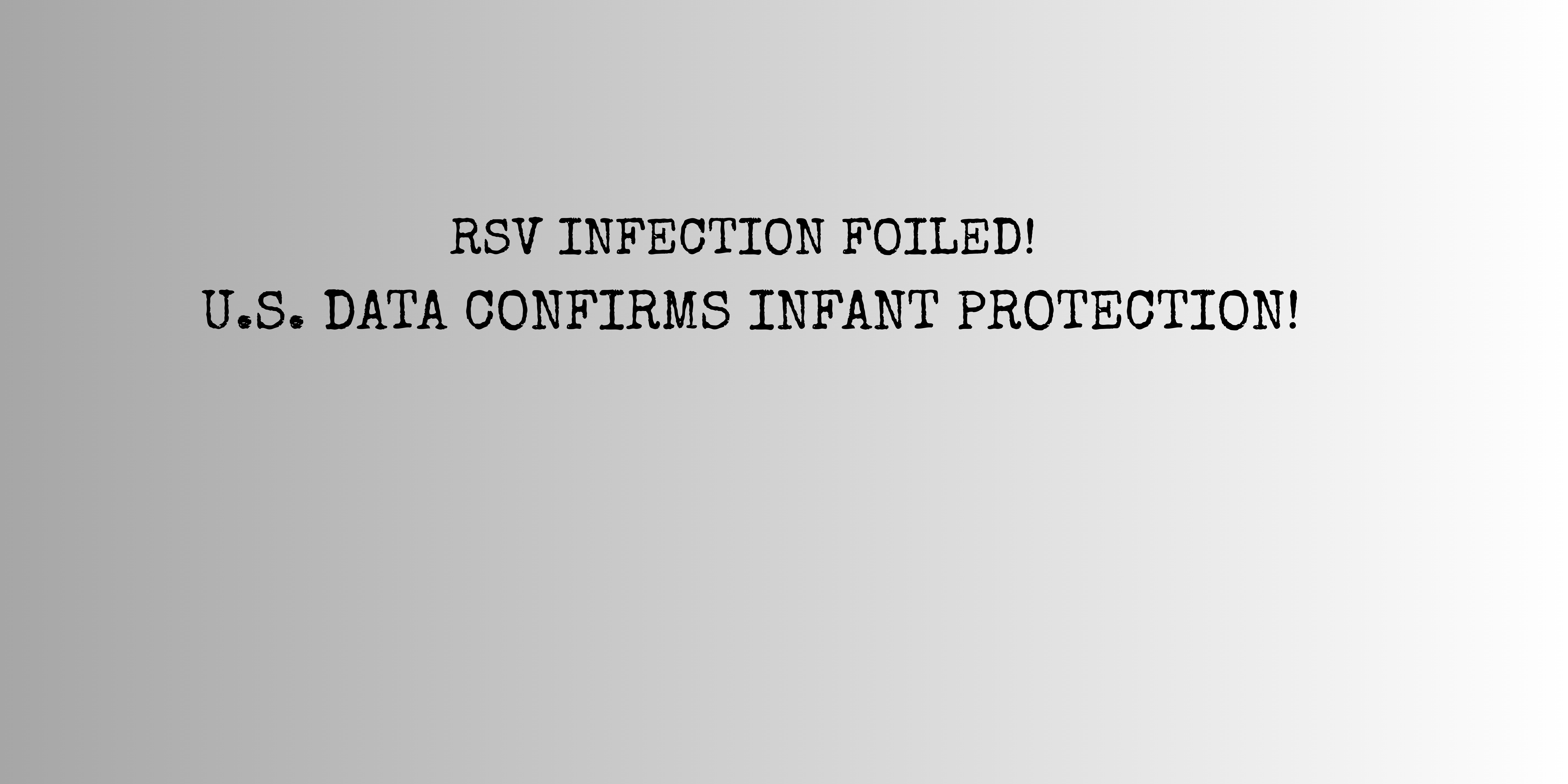
A recently published study from the Center for Disease Control and Prevention CDC examined how effective the two current strategies to prevent RSV are working! One RSV prevention strategy is by vaccinating the expectant mother between 32 to 36 weeks’ gestation. The other strategy is to provide passive immunity to the infant through the administration of nirsevimab, a long-acting monoclonal antibody. Considering Respiratory Syncytial Virus is the number one cause of hospitalization among US infants, 58,000 - 80,000 per year, this is a HUGE deal!
When comparing the incidence of hospitalizations in children under 5 years of age during the 2024-2025 RSV season ( when these current RSV prevention strategies were utilized ) with hospitalizations when these RSV prevention strategies were unavailable ( during the 2018 through 2020 seasons) they discovered that hospitalizations decreased by 43%! This is an impressive rate reduction. The largest reduction was seen in infants 2 months of age and younger, 52%! Clearly the current RSV prevention strategies are working. Additional real world evidence of this can be observed by the fall in mortality rates in U.S. infants.
Although there are three RSV vaccines available in the US, only one is approved for use in pregnant women, Abrysvo. Abrysvo is made by Pfizer and Arexvy is made by GSK and mResvia is made by Moderna. It is important to reiterate; only the Pfizer brand, Abrysvo, is indicated for maternal immunization. The monoclonal antibody for infants, nirsevimab’s trade name is Beyfortus and it is by AstraZeneca & Sanofi.
Healthcare providers can access discounts on these vaccines and biologicals for free through a Physicians’ Buying Group (PBG) PracticeWell membership.